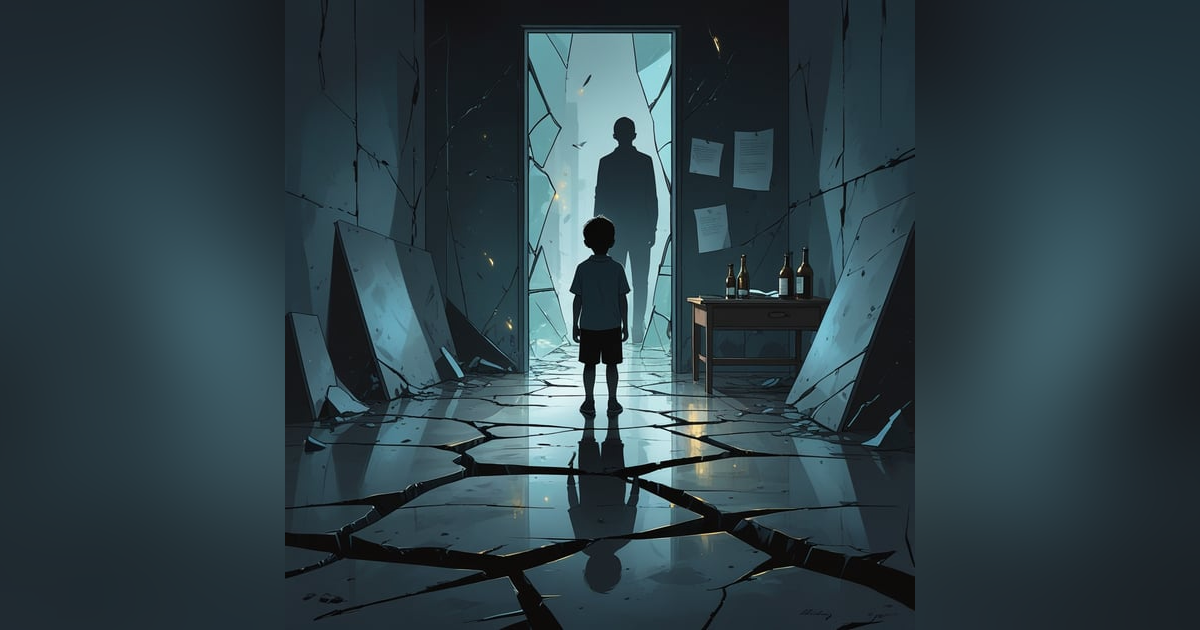Mental Margins: Adverse Childhood Experiences (ACEs)

In this introspective and educational Mental Margin segment, we explore how trauma isn't always loud. Sometimes it whispers through our adult decisions, shaped quietly and powerfully by Adverse Childhood Experiences—ACEs. With the expertise of Dr. Justin Dodson, we trace how witnessing violence, enduring emotional wounds, and growing up without safety all carve paths into who we become.
🧠 Key Themes
-
The Foundation Matters:
Dr. Dodson reminds us that healing starts with understanding our beginnings. Our behaviors today—whether defensive, compulsive, or withdrawn—are reactions to things that happened long before. “If I am the way I am today, something happened before today…” -
Trauma Isn’t Just What’s Done To You—It’s What You Witness:
A key point made by Dr. Dodson: witnessing domestic violence can be as developmentally damaging as direct sexual abuse. It’s about observing power and control, internalizing helplessness, and learning distorted attachments. -
ACEs Explained:
Host Dominic Lawson breaks down ACEs: traumatic experiences before age 18, including abuse, neglect, and household dysfunction. Each ACE adds to the risk of mental health issues, substance abuse, and behavioral struggles later in life. -
Marcus’s Story – A Mirror for Many:
In a fictional but familiar example, Marcus—a 30-year-old struggling with depression and anxiety—reveals five ACEs: abandonment, parental addiction, witnessed abuse, neglect, and emotional maltreatment. His struggles become clearer in context, not confusion.
📚 Educational Moment
This episode underscores a key point: ACEs shape much of what clinicians see in real life. That makes understanding them even more essential.
🧾 Take the ACEs Quiz
Curious about your own ACE score?
👉 Visit
numberstory.org
(developed by the Center for Youth Wellness) for a confidential self-assessment and access to resources.
💡 Final Takeaway
“Understanding our past helps us rewrite our future.”
When we start at the beginning, we don’t just find pain—we find patterns. And once we see them, we can choose how our story unfolds.
📌 For more narrative tools and healing resources, visit: MentalHealthRewrittenPodcast.com





